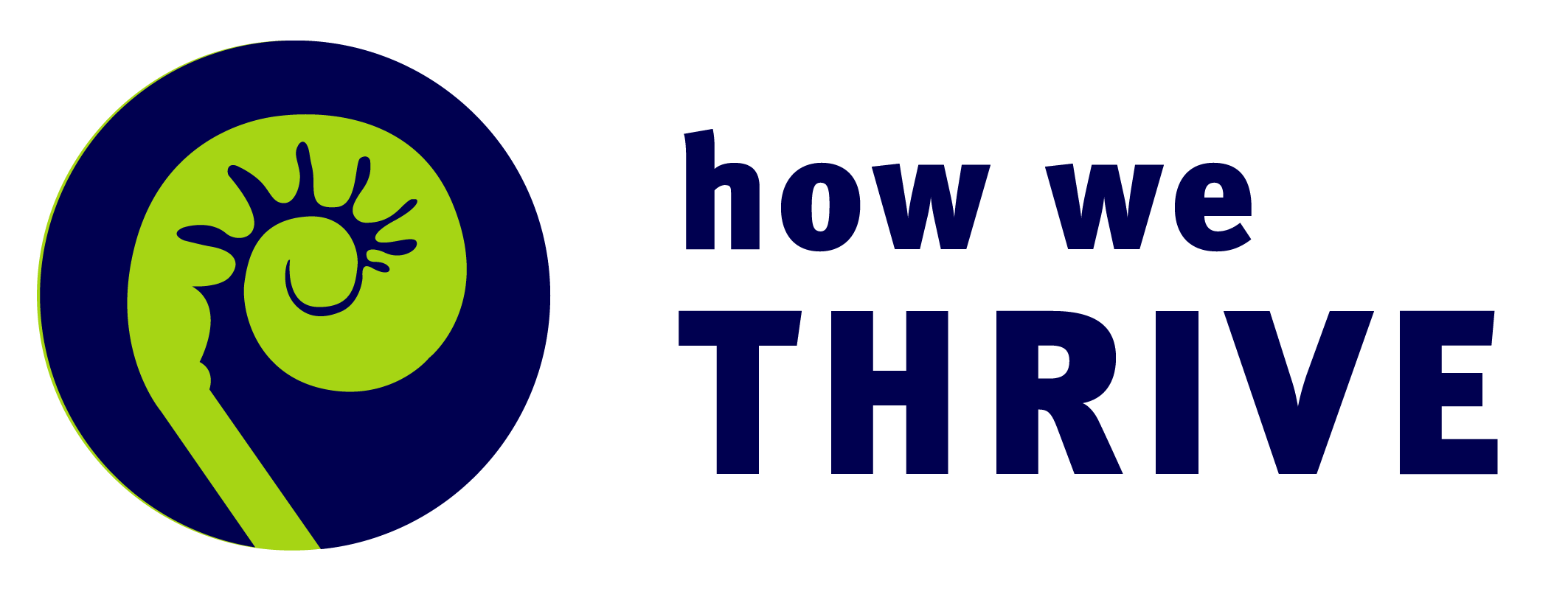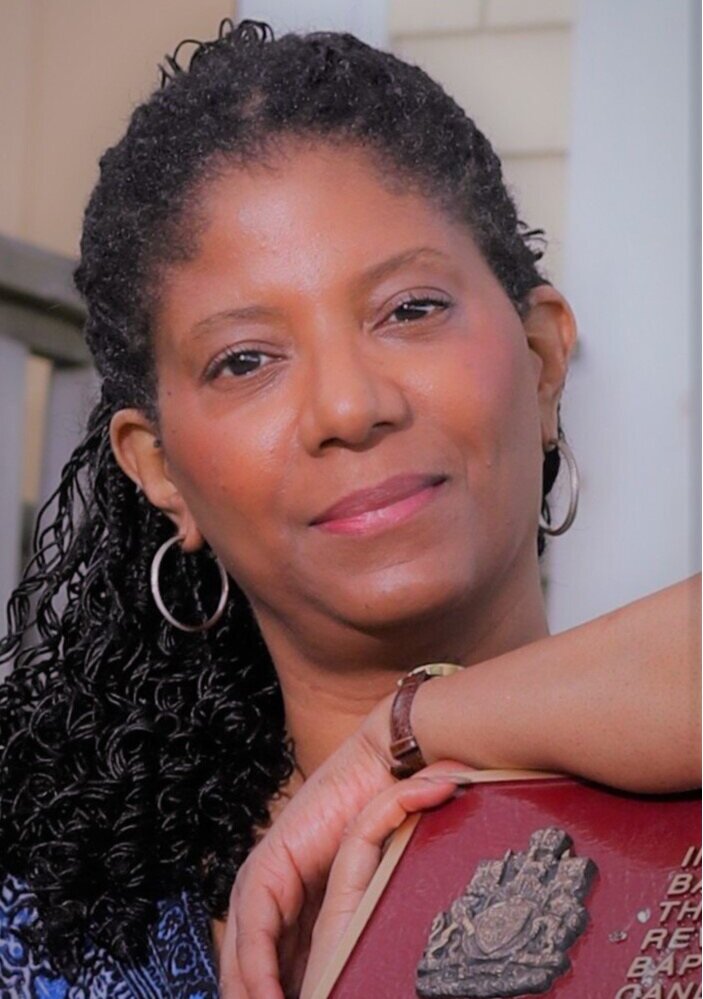Land, water, ourselves, each other
June 4, 2020.
Host: Andrea Currie. Guests: Louise Delisle, Michelle Francis-Deny, Dr. Ingrid Waldron
Why it matters
The environmental justice narrative in Nova Scotia has muted the stories of Mi'kmaw and African Nova Scotian experiences with racism and environmental hazards. Ingrid Waldron’s book There’s Something in the Water and the film of the same name bring these stories into our hearing, and show us the shocking reality of environmental racism and how it is affecting our neighbours—our relatives, according to Indigenous teachings.
The stories of the African Nova Scotian community in Shelburne and the Mi’kmaw community of Pictou Landing First Nation have been told clearly, courageously, and persistently by community leaders Louise Delisle of Shelburne and Michelle Francis-Denny of Pictou Landing. These are the stories of resistance and resilience, of speaking truth to power—stories we want more of.
Stories
Andrea Currie opened this session with a smudge and the Mi’kmaq Gathering Song, which included a Forest Chant that honours the land and water. We then watched the trailer for There’s Something in the Water, which was directed by actress Ellen Page and Ian Daniel and screened at TIFF last September. The film is a collaborative project between Dr. Ingrid Waldron, Mi’kmaw and African Nova Scotian community organizers (including guests Louise Delisle and Michelle Francis-Deny), and Ellen Page, and is now available on Netflix.
In our first break-out sessions we shared stories about a time when the “picture-perfect image of Canada” described in the trailer first began to crack for us. We also shared a moment of appreciating water.
Andrea then engaged the guests. She asked Dr. Ingrid Waldron what she thought we should know about environmental racism in Nova Scotia. She said, first of all, it’s important to acknowledge that it exists. Industries and toxic waste have been disproportionately placed near Black and Indigenous communities. Environmental policies have been embedded with racist narratives about which communities are more worthy of protection. The inequalities in these communities (poverty, education, health…) are destabilizing and make it difficult for them to fight back. It is important for white people to understand how racism has become institutionalized, weaving its way into all our social structures. It takes research and education to see these less visible, more subtle forms of racism. It is important to go beyond denial.
In the case of Shelburne, a landfill site was placed next to the Black community, which resulted in high rates of cancer and death. Andrea asked Louise Delisle how she managed to keep her fighting spirit and also loving spirit in the face of this injustice and loss. Louise said she credits her family and community, the way “everyone was everyone’s parent.” Her father told her, “No matter who you are or what you do, hold your head up and be very proud. Always remember, if you’re doing something, do it for someone else.” She always remembered this. Louise also recalled walking to the corner store when she was a child and being called the N-word by a white man. She told her father about this, who then went back to the store with her. He taught her that you don’t give up because you are being treated unfairly.
Pictou Landing First Nation has also suffered from toxic waste being dumped into Boat Harbour. Michelle Francis-Deny reflected that, if you want to survive and break the cycle, resilience is a coping mechanism. “We don’t have a choice,” she said.
Andrea noted that many people who are not part of racialized communities feel enraged and discouraged by these injustices and want to be allies. What are the characteristics of an ally?
Louise said, “It’s someone who cares about you and what you’re going through. If it’s something hurtful they can relate in some way to the pain and want to change it. That would be the perfect ally.”
Michelle responded, “Being a true ally has no conditions. You can’t stand with us for a pipeline going to the land or sea and then criticize us about treaty rights. If you’re with us, you’re with us. You’re educating yourself, learning about the history, and sharing that with others. You’re helping us build awareness and understanding. You can’t stand with people just for a cause you’re going to benefit from.”
Ingrid also said that the first step for an ally is to educate yourself. You also need to know when to pull back, when to step in. It’s a dance. There can be a tendency, out of excitement or because it’s generally a tendency of whiteness, to take over. Communities always need to be leading. They know what they need and sometimes they don’t have the resources to get what they need. So you need to know how to come in, where to support, but never lead."
Elder Albert Marshall came into the conversation with a question: “Why are so many people refusing to take action? Why are they silent, inactive? I cannot understand. We should have a common objective. We are now at a point in which we could be fighting for our lives because of the state of the environment. But there is some kind of superiority. Why is it I am so different because of my skin? Why am I being segregated? Why have I been in social isolation for the last 200-300 years?
HARVEST
Following are final comments from the Zoom chat-box, curated and organized by themes. See the original transcript.
What struck us
Importance of educating ourselves
Look for the subtle forms of racism, not just the overt ones.
The act of teaching can create space in ourself for learning and opening ourselves.
This type of work needs to move up our priority list (making time for it).
We are all connected. Slowing down can help that remembering.
All communities and people are worthy of protection.
Impact of racism
This resonates with me, “I’m sick of being sick.”
Racism silently weaves into every structure.
Having experienced the social isolation more vividly over the past few months, Albert’s statement about social isolation over 100s of tears (years, typo but will leave it) is painful for me.
Albert: Why do people continue to be silent and inactive? Why am I so different?
The environment that makes us sick is not just a place, not the place we love and where our people are, but the toxins and industry and the policy and the prejudice that makes them possible.
It is truly ironic in the context of this conversation to see the trouble several participants in Indigenous communities are having trouble with bandwidth and it is limiting their involvement and interaction in this discussion—and by extrapolation limiting Indigenous and African Nova Scotian voices in important conversations.
White culture has built into its foundations the policies of racism so that it can call itself the default people. We blame those we hurt for their forced conditions.
Resilience
Resilience is a product of racism.
The idea that resilience emerges in childhood. Made me think again, as I often do, about the importance of supporting resilience in all our children.
How did you grow up so loving? Father said, Hold your head and be proud of who you are. If you do something, do it for someone else.
Parents as mentors. My mother always told us to stand up for what we believe in. If you are right, fight for it because no one else will do it for you.
Louise, I can't stop thinking about some things you said in the film—your wish that we have less garbage, instead of being justifiably angry at perpetrators of environmental racist violence—wow! you inspire.
Strong community is crucial for our survival.
In the breakout room Albert spoke of the importance of recognizing non-colonial education experiences and the impact that had on his opportunities in life.
Nature
The healing power of nature… can deepen our relationships with each other because it’s something we share.
Person-hood for the land.
Nature is so important for all of us! Covid has helped people get back to nature.
Nature is essential to our survival—physical, mental, emotional, spiritual.
The environment heals us, we need to protect it, it sustains our mental health.
How to be a good ally
An ally needs to care about you, first, and can relate to your pain.
Know when to come in and when to leave, it's a dance.
Marginalized communities know what they need, but have not had resources.
Allies should not be leading.
True allies have no conditions!!!
If we’re not clear how to be an ally in a particular space, we can ask.
Good allyship is an ever changing dance, not a static endpoint.
Such a gift to hear about the characteristics of a trustworthy ally—never lead!
Ask the people whether they want you to be an ally and how they want that to be done.
Just because the movie ends doesn’t mean our fights have.
An invitation, an introduction, a meeting can be the first step to caring ... caring as an ally.
If you want to be an ally, give.
For settlers, sharing power means giving up some privilege, power, and often money and other resources. That can be a challenge to do at all, let alone to do right.
Coming together to take action
It takes a community to raise a child… as First Nations people we live by that concept as well… let’s ALL be this community for our next generation, let’s all connect.
Hope is coming from seeing young people involved in activism.
Being very aware of how we are connected and how we can try to make our life a gift.
Appreciation
The opportunity to share stories and reflect on them is powerful.
What an amazing opportunity to share ideas and insights!
Breathing and Being and Feeling what is Now. To embrace silence.
First time participant! I didn't know what to expect. I am reminded of the power of individual stories and making connections. Thank you!!
A huge thank you to my breakout partners for their COURAGE in being so honest in sharing. This act gives me HOPE!
Wela'lin for amazing hosting Andrea! Excellent, important session! Thank you for holding the space for us.
Grateful for this opportunity to learn and grow.
Deep gratitude to the speakers for taking the time and energy to explain their experience.
Profound challenging questions. Thank you Andrea for asking them.
Thank you so much to the guests for spending this time with us.
It's great to be in breakout groups with people from near (NS) and far (Scotland & Texas). I love the mix of perspectives and the opportunity to share powerful moments.
Thanks Olu.
Thank you to the guests for sharing so much
Wela'liek! | Tapadh leibh! | Thank you! Wonderful gathering!
Thank you to all the speakers and organizers.
Merci! Beautiful gathering xo
Thank you to all of the presenters this was amazing.
Thank you for this powerful truth telling with such grace and spirit.
Thanks everyone!
Merci! | Wela'liek! | Tapadh leibh! | Thank you!
Thank you everyone!
Peace be with you, joy be with you, so may it be.
Thanks Dr. Wladron for not pulling any punches.
Thank you to our guests, such powerful stories of resilience. Tapadh leibh, Wela'lin, Merci, Thank you.
Translation of the closing Water Song
sung by Mary Louise Bernard
Water we love you, water we love you, water we love you. It comes from the ocean.
Water we love you, water we love you, water we love you, that comes from the ground.
Water we love you, water we love you, water we love you, that comes from the sky.
Water we love you, water we love you, water we love you it carries life, it carries life.
Water we love you, water we love you, water we love you…..





